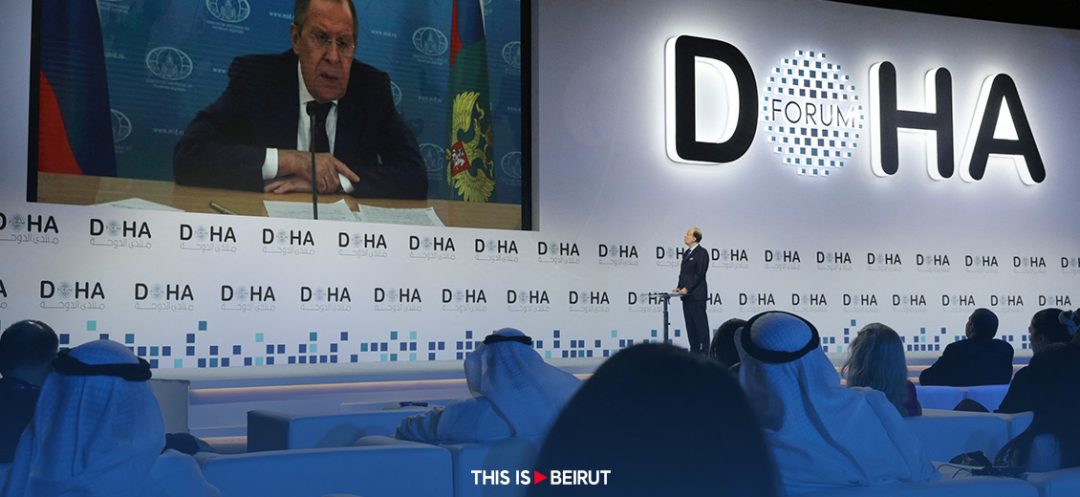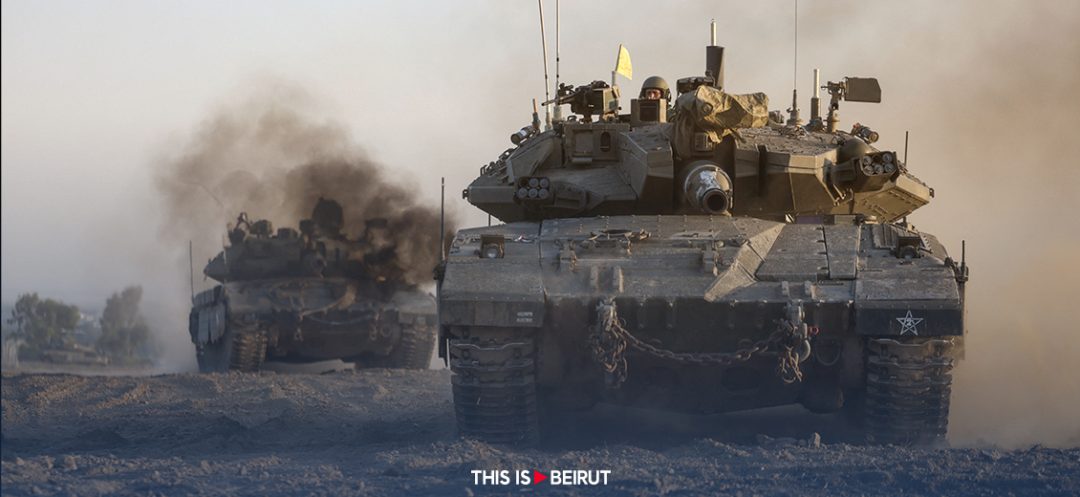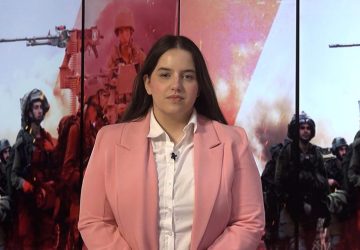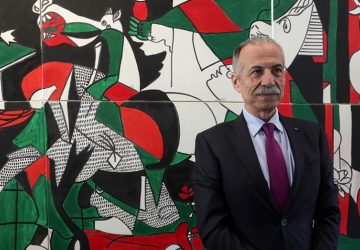Middle East leaders gathered at the Doha Forum in Qatar to discuss post-Gaza war strategies, explicitly ruling out the deployment of their own troops or international forces in the aftermath. Concurrently, the Palestinian Authority emphasized Hamas could not be eradicated.
Middle East leaders gathered in Qatar sought ideas on what to do after the Gaza war but remained firmly opposed to deploying their own troops or international forces into the ravaged territory.
The Palestinian question is extremely delicate for leaders in the Arab world, where the war has sparked massive protests in several countries.
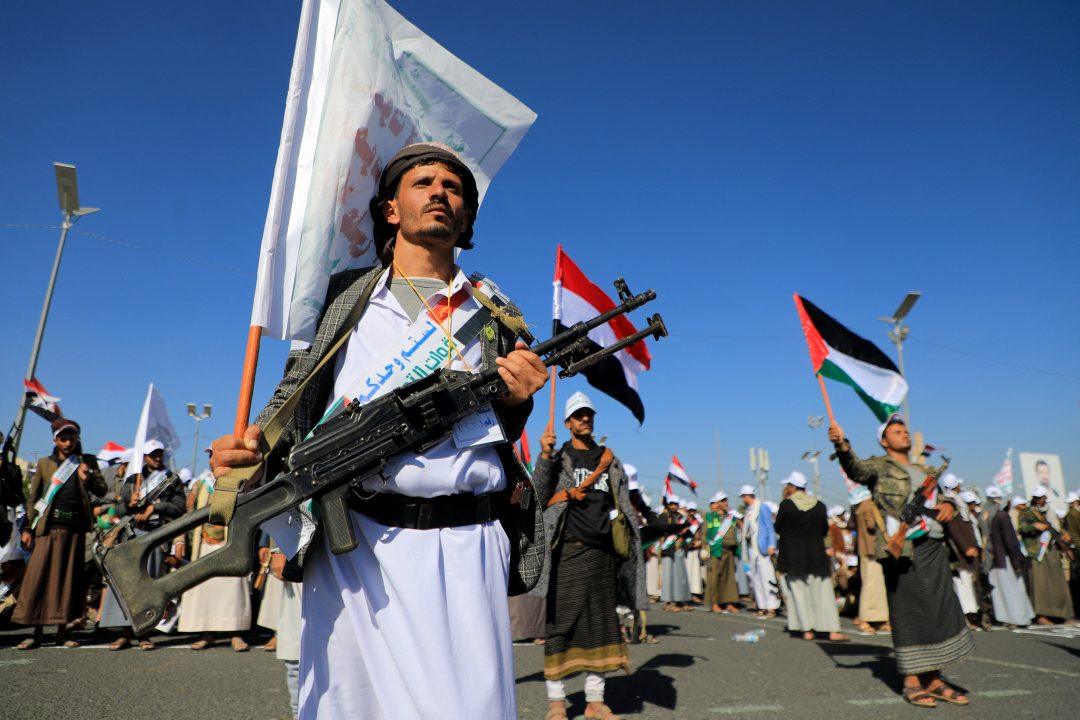
At the annual Doha Forum that ended on Monday, Qatar reiterated that no Arab country would send in forces to stabilize the situation after the conflict between Israel and Hamas subsides.
“No one from the region will accept… to put boots on the ground (following) an Israeli tank. This is unacceptable,” said Qatari premier Mohammed bin Abdulrahman Al Thani. He also opposed any international force in Gaza under current conditions. “We shouldn’t always talk about the Palestinians as if they need some guardian,” he said.
The Palestinians were represented by the Palestinian Authority, which holds power in the West Bank territory but not in Gaza, controlled by Hamas militants.
Despite their rivalry, Palestinian Authority Prime Minister Mohammad Shtayyeh said Hamas could not be eradicated.
They are “an integral part of the Palestinian political mosaic,” he told the forum.
‘Heart of all conflicts’
Jordan’s Prime Minister Bisher Khasawneh warned that failure to deal with “the day after” the war would mean “uglier scenes in a year or two.” He hoped the war would act as a “wake-up call,” especially as the conflict threatens a wider regional conflagration.
The war has encouraged groups linked to Iran, which backs Hamas, to launch attacks on US and allied forces in Iraq, Syria, and Yemen, while Israel is engaged in near-daily cross-border clashes with Hezbollah in Lebanon.
The Israel-Palestinian question was “at the center and the heart of all conflicts in the region,” said Thani.
But concrete policies were lacking at the forum, which did not include high-level representatives from key regional players Saudi Arabia, Lebanon, and Egypt.
The United States, Israel’s key diplomatic and military ally, has previously indicated the Palestinian Authority could govern both Gaza and the West Bank in the aftermath of hostilities. But the Palestinians say a much more fundamental response is needed, one that takes seriously “an independent, sovereign, viable State of Palestine on all the Palestinian territories” in Shtayyeh’s words.
Miroslava Salazar, with AFP

